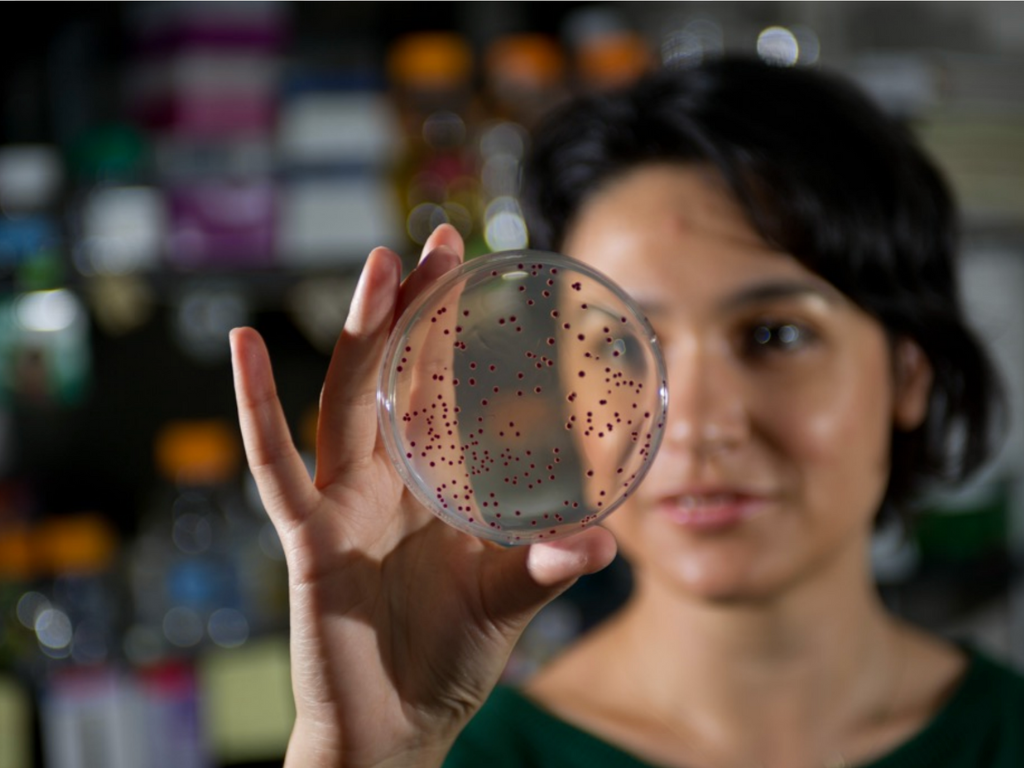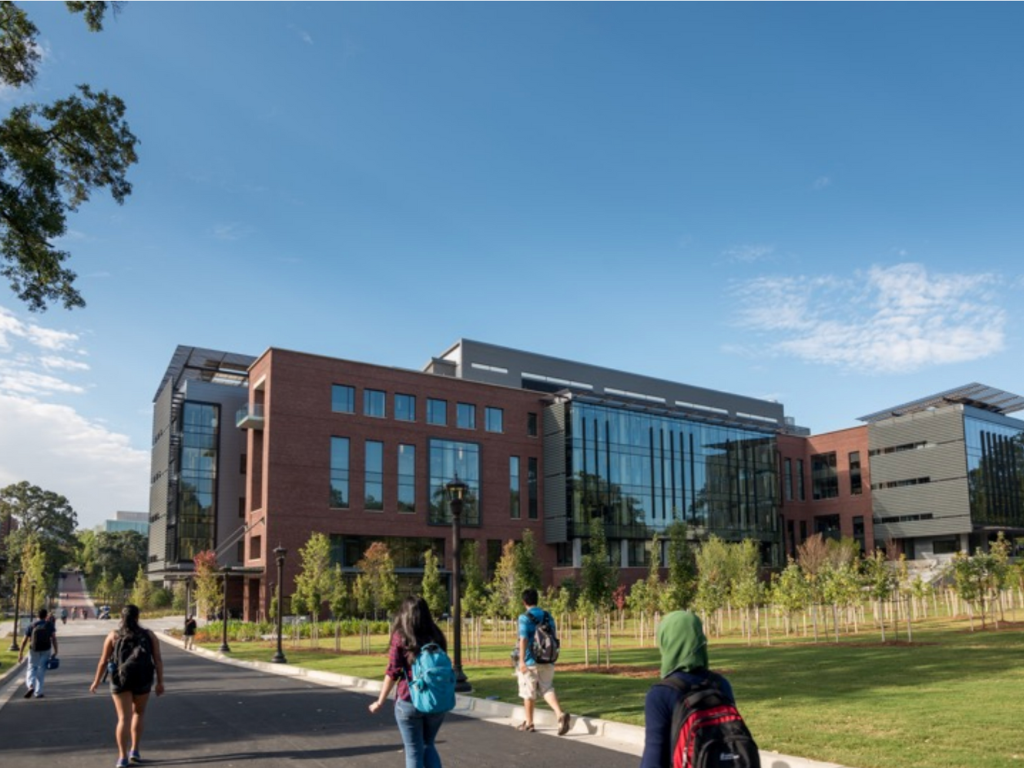 Revolutionary developments in biology are creating new approaches to solving biomedical and environmental problems. The School of Biological Sciences at Georgia Tech conducts exceptional research at the leading edge of biological sciences and provides high quality, innovative education for our graduates. Our Ph.D. program applications are due in December each year. We evaluate applications in December, January and February, make offers in March, and expect responses from candidates who have been made offers by mid-April. Please see biosciences.gatech.edu for M.S. application deadlines.
Revolutionary developments in biology are creating new approaches to solving biomedical and environmental problems. The School of Biological Sciences at Georgia Tech conducts exceptional research at the leading edge of biological sciences and provides high quality, innovative education for our graduates. Our Ph.D. program applications are due in December each year. We evaluate applications in December, January and February, make offers in March, and expect responses from candidates who have been made offers by mid-April. Please see biosciences.gatech.edu for M.S. application deadlines.
Download fact sheets and program information as a pdf here.
Graduate programs
- Ph.D. and M.S. in Biology, with areas of concentration in:
- Ph.D. in Applied Physiology
- Dual Doctor of Physical Therapy (DPT)/Ph.D. in Applied Physiology (Emory University)
- Ph.D. and M.S. in Bioinformatics: Computational Biology and Bioinformatics
- Ph.D. in Ocean Science and Engineering
- Ph.D in Quantitative Biosciences
- Ph.D. and M.S. in Computational Science and Engineering
- Astrobiology Graduate Certification Program
Fundin g information
g information
Ph.D. students obtain stipends either via GRAs, GTAs, or fellowships such as the NSF GRFP, NIH NRSA, and other competitive fellowships. The tuition is covered via tuition remission by the thesis advisor’s grant(s) or via a tuition waiver for GTAs. The Ph.D. student is responsible for fees (Fall: $753, Spring: $753, Summer: slightly less than fall, spring semesters, subject to change annually. Please visit the Bursar’s website bursar.gatech.edu/tuition-fees for details).
The current stipend for 2023-2024 is $33,500/year (~$2,792/month). Exceptions occur only for external fellowships and internal awards (e.g., the Presidential and GAANN Fellowships).
Most Ph.D. students are supported by GTAs during their first year unless they have obtained a fellowship or are funded via a GRA. Beyond the first year, 70-80% of Ph.D. students are supported on a GRA, 20-30% as GTAs, and 10-15% via fellowships and other funding sources. The decision between a GRA and GTA is discussed with the thesis advisor for subsequent semesters.
Application fee waiver request
waiver request
The School of Biological Sciences considers application fee waivers for students in need in the field of Biological Sciences. Should you need assistance, please reach out.
Our research centers
Center for Microbial Dynamics and Infection (CMDI)
CMDI is an interdisciplinary collaboration at Georgia Tech seeking to understand the ecology, interactions, and evolution of microbes.
Center for the Study of Systems Biology
Recognized by most experts in the field as the future of biology, Systems Biology seeks to understand how complex living systems interact with each other so that we can diagnose and treat disorders such as cancer.
Aquatic Chemical Ecology Center
At Georgia Tech we have organized a wide-ranging group of ecologists, chemists, sensory biologists, engineers, and quantitative modelers to focus on chemical cues that many organisms use for to make basic survival decisions.
Integrated Cancer Research Center (ICRC)
ICRC’s mission is to facilitate the integration of the diverse technological, computational, scientific, and medical expertise at Georgia Tech, partnering with institutions in a coordinated effort to develop improved cancer diagnostics and therapeutics.
For more information
For more information, please see biosci.gatech.edu, or contact the school’s Academic Program Manager, Chung Kim ckim@gatech.edu.


